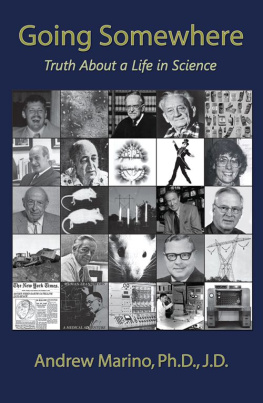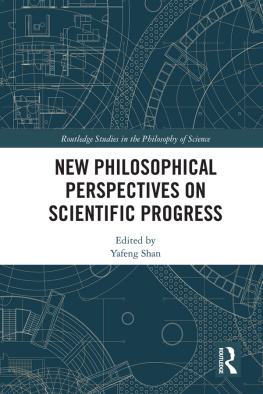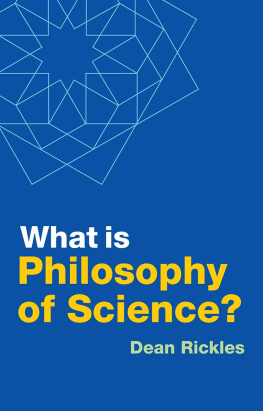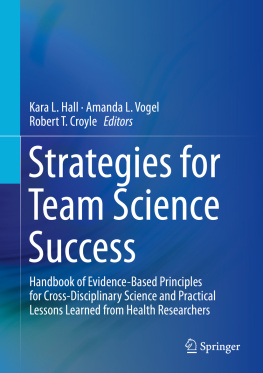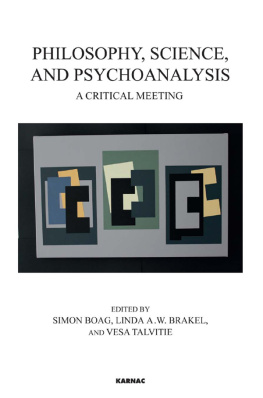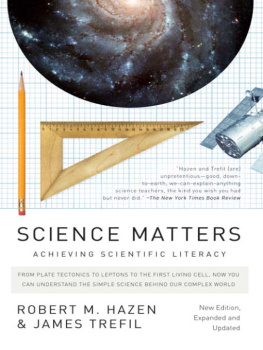GOING SOMEWHERE
Truth About a Life in Science
Andrew A. Marino
Published by Cassandra Publishing
P.O. Box 26 Belcher, LA 71004
2010 by Andrew A. Marino
All rights reserved
No part of this book may be used or reproduced in any manner whatsoever without written permission except in the case of brief quotations embodied in critical articles and reviews.
For information: cassandra@cassandrapublishing.net
To
Joel Ray,
Friend, and muse
For this book
To Linda,
Wife, and partner
For life
Contents
Preface
This is a story about what happened in the world I experienced and in me during my life-long journey through a part of science-land, the part that relates to the ability of electromagnetic fields to make people sick. What initially appeared to be a simple problem turned into something immensely complicated, and then turned again to reveal something I never expected, that the truth of the matter depended on values and assumptions. Not completely, but enough to guarantee that there will never be final answers, only differences in perspective. I dont mean something real that can be looked at in different ways, I mean different perspectives regarding what is real. Does my discovery apply to other areas? I think so, because power, fear, self-interest, and solipsism, which were at least as important as scientific laws and observations in determining what was generally accepted as the truth, arent unique to questions involving health hazards of electromagnetic fields.
I wrote about a search for an explanation of why the issue of health risks has been contentious, not about a search for truth within or about myself. Nevertheless, I could not omit me. What went on inside me is a central issue because I was the protagonist in a conflict involving the culture of science and the interests it serves. So I included the tensions that I experienced and my attitude about things, but I stayed on the periphery as much as possible, consistent with my purpose.
Herodotus wrote his history of the Persian wars to show why two peoples fought with each other. John Milton wrote Paradise Lost to justify Gods ways to man. I tried to express my motivation succinctly, but all I could come up with was to give information or to tell a story about how science really works, which I decided were inadequate explanations of my motivation. So I reached into my heart and asked myself why I actually did it, and I found that I had many motivations. The most frivolous was that I was sick and tired of books in which the scientists accomplishments were portrayed as heroically unemotional, and science itself was depicted as the highest form of knowledge, like Platos forms. It had been my experience that scientists were no more noble or unbiased than anybody else. Sometimes they didnt really know what they thought they knew, and when they did know something and could prove it, the knowledge was always a mixture of blessing and curse because it helped some people but hurt others. Occasionally there was a book that captured something that looked familiar, for example, James Watsons The Double Helix. But his story involved a relatively simple problem, the mechanics of a molecule, so his book could provide only a small window into how science actually worked. I wanted to write a story that told a larger version of the truth. By the time I recognized this motivation I had already decided that there are versions of the truthin fact I had decided that, in science, there were only versions of the truth, some better than others.
The second motivation is more complicated. As a professional scientist, I write for a living. Sometimes I describe experiments that I performed, but I also write grant requests and modify manuscripts to accommodate reviewers. I love to write about what I understand to be the truth. I dislike writing what I think grant reviewers think is the truth, so they will fund my work, or what the reviewer says is the truth, so that the editor will publish the manuscript. I have written several hundred grant applications and publications about electromagnetic fields, also called EMFs. Each dealt with only a tiny piece of the overall picture, and most were compromised to a certain extent by the forced inclusion of the truth of others. So I said to myself, Im going to write a book about EMFs that includes the whole truth as I understand it, and only the truth that I understand, and I set out to see if I could do it.
Other motivations came more directly from my life. My concern with EMFs had always been from multiple perspectives. As a physicist, my gaze was objective because the conventions of physics required it, and I saw EMFs as something to be harnessed. When I learned biology it became possible for me to see the mystical side of EMFs, that they make life possible. After I became a lawyer, I saw how EMFs could be a means of injustice, like pliers in the hands of a torturer. I didnt set out to write a book that extolled or condemned EMFs, or maintain that one frame of reference was more fundamental than another. Rather, I wanted to write a story that integrated my different perspectives to see if they added up to something coherent. My hypothesis was that they did, and I did the experiment to test the hypothesis.
Another motivation was to tell a story about having a career in science while still remaining free. A recurring theme in my conversations with students involves how they would go about making a living doing research. In graduate school, the direction of the work is chosen by the student, based on his choice of mentor, and it proceeds under their joint control. After graduation, however, the student becomes an employee and must do the bidding of management. When the research is controlled by others, the process is far less exhilarating. Students realize this, and they worry whether their academic pursuits are nothing more than preparation for life as a slave. Traditionally, stories about scientists who escaped being controlled by others, and made a life pursuing goals that they chose, involved larger-than-life figures like Paul Dirac or Albert Szent-Gyorgyi. I have not achieved their fame, but I have led a successful life, based on what I counted as important. I wanted to fill a need that I perceived by telling a story about a man in which it is perfectly clear that he takes charge of his destiny by means of the choices he makes, none of which are heroic, makes a life in science, and remains free.
Another important motivation was the need for a more inclusive approach regarding the intended consumer of knowledge about EMFs. I didnt make headway by writing only scientific articles that were intended for experts. Whenever I wrote about an experiment in which EMFs produced some kind of a cellular change, an industry expert soon appeared and wrote about how he had performed an improved version of my experiment but had not observed the cellular change. This state of affairs seemed cacophonous to those outside the EMF orbit, as if the science had not yet ripened to the point where the remedial steps needed to protect human health were clear. So people would say, More research is needed to resolve the issue, and then move on to something else. I had been writing for a small polarized audience consisting of truth seekers and truth deniers, and I realized that a better tack would be to explain the cacophony to a larger audience by telling the story that was behind the controversy rather than to try to resolve it on the basis of facts presented to scientists.
You should write a book thats factual, I was told, one that proves EMFs really cause cancer. But I wanted to write about something much bigger than that. I wanted to write about what causes cancer means, and how we know whether there is any truth to the phrase when we apply it to a particular situation. I learned a lot about these issues in the context of EMFs. I came to see that when we try to understand what EMFs do to people the same way that we understand physical forces such as gravity, we are like a man looking near a lightpost for something that he lost somewhere else. No sane person thinks about breaking the law of gravity, but many apparently sane people smoke. That alone tells you that theres something fundamentally different between physics and the laws of disease causation. I wanted to explore that difference in the most honest way possible. I decided that way would be to describe particular events I experienced so that you could see and hear what took place, as if I had a video camera and tape recorder, to explain what the events meant to me at or around the time they actually occurred, and then to place all this in a narrative that would allow the deep themes to emerge.
Next page
